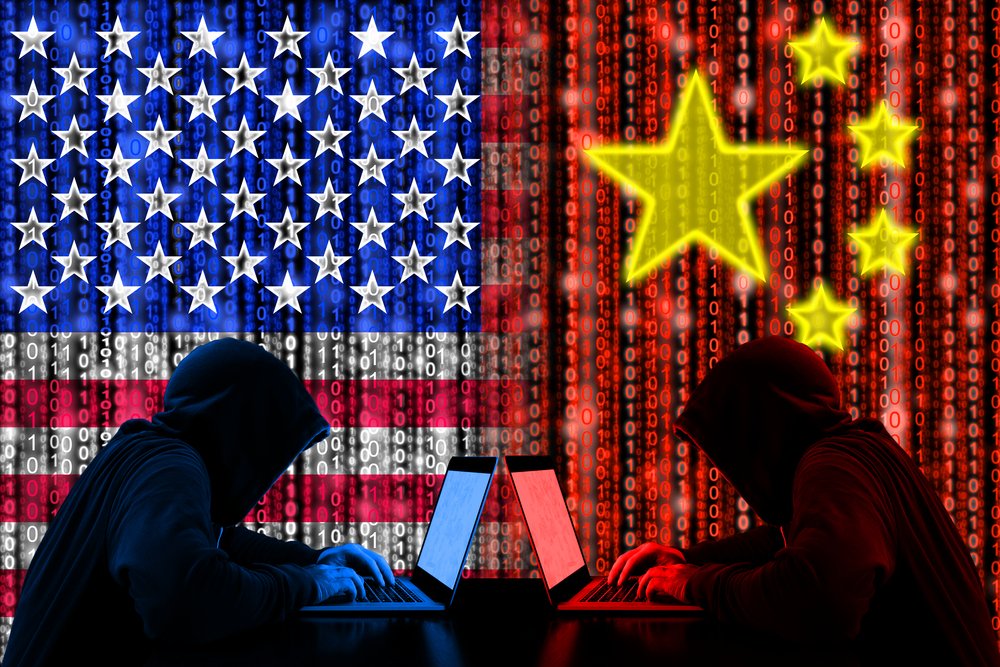
Foreign Threats on American Networks
Foreign Threats on American Networks
“The war with Russia” hearkens back to the days of the Cold War with the Soviet Union. Back during the 1950s, students in schools all across America were trained to practice ‘Duck and Cover’ drills — there was even a catchy little jingle that played on the radio that attempted to mask the grim reality of an always looming nuclear threat.
Today, Russia is in physical conflict with its former land mate Ukraine. And while that physical conflict is easy to see, there’s been an ‘invisible’ war that’s been running rampant with all of the world’s global superpowers. That war isn’t taking place on a battlefield — at least not the physical kind we’re so used to seeing and hearing about. Instead, the cyber warfare efforts of Russia, China, and even the United States are heating up in a way that most Americans won’t be able to tangibly experience or even begin to understand until its broadcast on TV news or written about online.
Chinese and Russian Threats
If we take a moment to put aside national and geopolitical ideologies for a moment, we can see that throughout recent history, the most amplified cyber threats that average people hear about are from China and Russia. Russia has been the boogeyman in the political realm for quite some time, but its cyberattack prowess is no made-up entity. China is just as, if not more, culpable for a lot of the cyberattacks that affect many businesses today.
What’s the REAL Threat, Anyway?
But more than the hacks themselves, China’s dominant role in global corporate espionage is the most concerning factor cyber security experts worry about. There are fears about how far American consumerism have allowed the CCP to infiltrate our daily lives.
Mobile Phones
Mobile phone manufacturer Huawei was famously banned from conducting business in the United States due to concerns that the phones had hardware-level vulnerabilities that allowed the CCP access to the private information of regular US citizens as well as politicians, diplomats, and others. ZTE, another Chinese mobile phone manufacturer, was banned from the US prior to Huawei for similar reasons.
TikTok
Now, all eyes are back on the possibility of TikTok getting banned following the failure of it getting banned under the Trump administration. FCC Commissioner Brendan Carr called TikTok an “unacceptable security risk” and called for Apple and Google to remove the app from their respective stores by July 8th, 2022.
A Buzzfeed News article details leaked audio from 80 internal TikTok meetings that show how China is repeatedly accessing user data. Facial recognition images, user details, and more are being served on a proverbial tray to the Chinese Communist Party, and most Americans aren’t thinking about the implications that this could have.
Russia
As reported by Politico, a Microsoft report showed that Russian intelligence firms were hacking into various US and Ukraine-allied countries, including more than 100 organizations in the US alone, with a 30% success rate. And while this is just one instance of many where Russians were reported to be hacking the US and others, it’s certain that it won’t be the last.
The Solution
In the world of cybersecurity, there are no guarantees of safety or impenetrable network. Part of the cycle of patches and fixes that benefit consumers and businesses relies on new revelations and security discoveries, often by way of exploits or attacks. Best security practices, a good backup plan, and limiting who and what is allowed onto our networks are critical in safeguarding against would-be attackers and potential data casualties.

